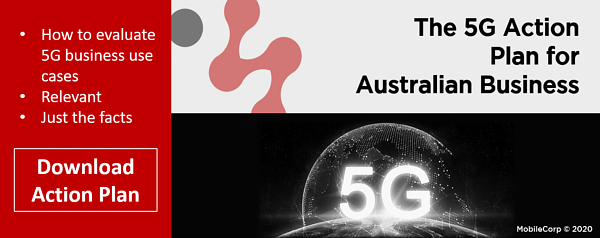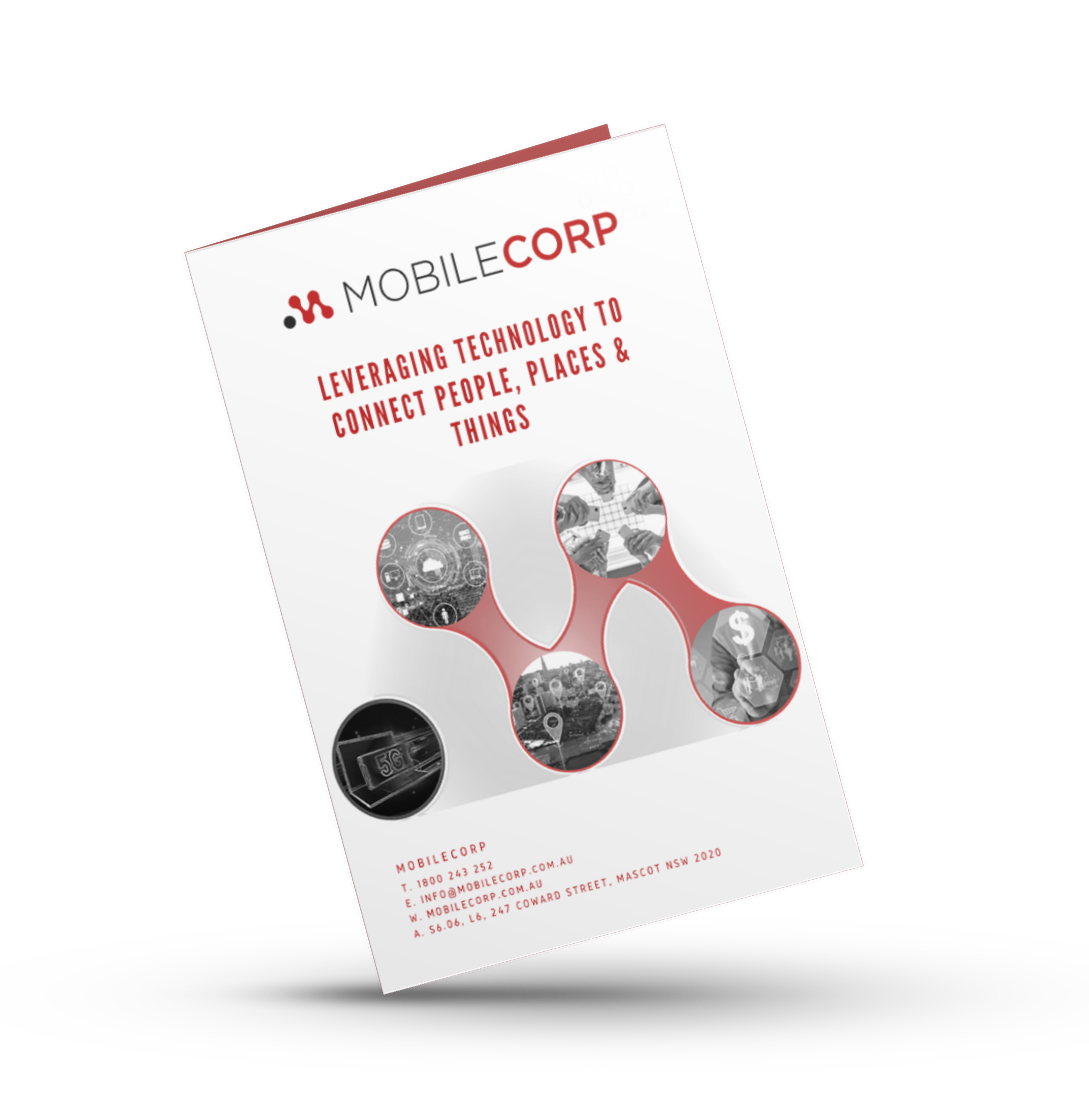4G LTE is a viable enterprise wireless WAN solution for branch network connectivity. It is also the pathway to 5G. Here are five best practices to optimise 4G LTE connectivity.
What is LTE connectivity in Australia?
When analogue television was switched off in Australia in mid-2020, the spectrum it was running on – 700MHz – was taken up by the telecommunications carriers to deliver 4G Long Term Evolution (LTE) connectivity.
Telstra calls this frequency 4GX, but that is essentially a marketing term to differentiate it in the minds of consumers. 4GX is equal to 4G LTE.
In Australia, LTE networks mostly use the 700MHz 1800MHz, 2100MHz and 2300MHz spectrums.
Compared with standard 4G, LTE offers:
- much higher bandwidth which increases the speed of data transfer
- lower latency resulting in faster response times from the network
- improved spectrum efficiency increasing overall network capacity
- greater reach in terms of distance than 4G frequencies, creating extra 4G coverage in rural and regional areas
- superior in-building coverage and faster in-building speeds
Five Best Practices to Optimise 4G LTE connectivity
1. Know your Enterprise-grade Equipment
When reliability, performance and control are key, don't rely on low-cost consumer-grade routers, but use cloud-managed enterprise-grade equipment. Routers are not a 'one size fits all'. Even among enterprise routers, there are significant differences. While a Nighthawk router might be suitable for a small 2-3 person branch, a Cradlepoint router would be the answer for a 200-300 person branch. For remote sites, quality antennas with high gain will also ensure a stable connection.
2. Time and place for on-site Installation and Testing
There is a time and place for 'zero-touch deployment'. The time could be during a pandemic. The place could include the homes of individual employees. However there is also a time and place for professional installation onsite. Proper setup of router and antenna equipment on-site and testing before starting live operations ensures reliable connectivity and mitigates the risk of future issues.
3. Have access to Multiple Local Networks
Having access to multiple 4G/LTE/5G networks is preferable to avoid any blind spots and redundancy, and for failover connectivity. Also, avoid roaming SIMs which are not only expensive but may give a considerably lower performance. Many enterprise grade routers are dual SIM which allow cross-carrier failover.
4. Remote Cloud Management is critical
Once installed, an intelligent cloud-based platform is crucial to keep control of devices in the field and to avoid having to send IT staff to locations. This is even more relevant in times of limited travel options and social distancing. Traditional SNMP-based systems won't work for 4G connections which rely on dynamic private IP address.
5. Leverage a Managed Service approach
Of course, these best practices can be enforced through in-house management, but using a managed service provider will provide a consistent setup and reliable service at a much lower cost of ownership. MobileCorp offers managed 4G connectivity for a wide range of routers; as well as the Telstra Enterprise Wireless solution powered by Cradlepoint.
Feature Photo Credit: Markus Spiske on Unsplash
About MobileCorp
MobileCorp is an enterprise ICT solutions company with a mission to deliver our customers a communications technology edge. We provide Managed Mobility Services, Enterprise Mobility Management, Complex Data and IP Networks, and Unified Communication solutions. We have a proven track record providing managed services for Australian enterprise and business being a Telstra Platinum Partner. We are also a Cradlepoint Signature Partner.
Cradlepoint Michelle Lewis 08 Dec 2020
Related Posts
Popular Tags
- Mobility (80)
- Mobile Devices (79)
- Telstra (65)
- 5G (60)
- MobileCorp Managed Services (55)
- Mobile Network (34)
- Networks (34)
- Cradlepoint (31)
- Apple (29)
- MobileCorp (29)
- iPhone (25)
- Remote Working (23)
- Covid-19 (16)
- Network (16)
- Mobile Security (15)
- Wireless WAN (15)
- Cyber Security (14)
- UEM (14)
- MDM (11)
- Mobile Expense Management (10)
- Mobile Device Management (9)
- TEMs (9)
- Mobile Device Lifecycle (8)
- Cloud (7)
- Unified Comms (7)
- Unified Communications (7)
- Wandera (7)
- Android (6)
- Sustainability (6)
- Data Networks (5)
- Network Security (5)
- Samsung (5)
- Security (5)
- Digital Experience (4)
- IOT (4)
- Microsoft Intune (4)
- IT Services (3)
- Microsoft (3)
- Data (2)
- Government (2)
- Microsoft 365 & Teams (2)
- Retail (2)
- nbn (2)
- webinar (2)
- Blog (1)
- EMM (1)
- Emerging Technologies (1)
- Hosted Telephony (1)
- Managed Desktops (1)
- SD-WAN (1)
- Starlink (1)
- Telstra Services (1)
- video (1)









